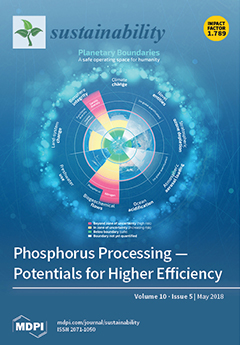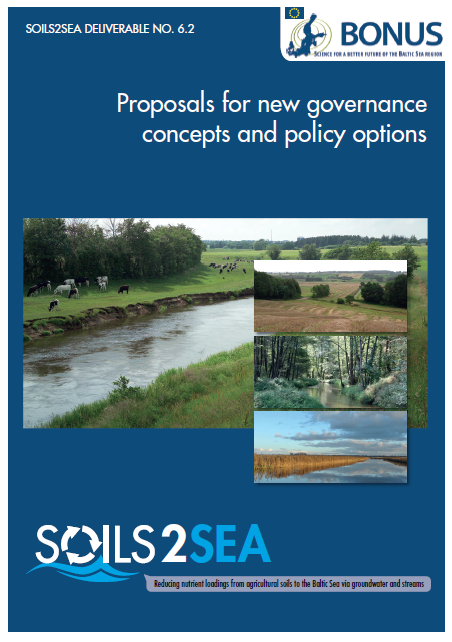Reducing Nutrient Loadings from Agricultural Soils to the Baltic Sea via Groundwater and Streams (Soils2Sea)
- Project
- Duration
-
-
Both the Baltic Sea Action Plan and the EU Water Framework Directive require substantial further reductions of nutrient loads (N and P) to the Baltic Sea during the coming years. Achievements of these goals will only be possible by the implementation of fundamental changes in agricultural practices and land use. To this end, a team of researchers from eight institutions across the EU and Russia, will investigate the introduction of additional new and innovative measures to reduce nutrient loads.
Background
Since the easiest applicable measures to reduce N and P loadings have, in most cases, already been utilized, BONUS Soils2Sea proposes to exploit the fact that the retention (removal by biogeochemical processes or sedimentation) of nutrients in groundwater and surface water systems shows a significant spatial variation, depending on the local hydrogeological and riverine regime to achieve the goals for nutrient load reduction set out in the Baltic Sea Action Plan. The traditional uniform regulations do often not account for local data and knowledge and are less cost-effective than spatially differentiated regulations with measures targeted towards areas where the natural retention is low. In order to fully exploit the potential of differentiated regulations it is required to utilise all local information and find locally designed and optimised solutions. Besides the need for improved knowledge on the subsurface and nutrient transport and retention processes on a local scale, this calls for new innovative governance regimes with active involvement of key stakeholders.
If we more accurately can predict where in a catchment N and P are retained by estimating the retention in the different compartments along the flow path, and also include the delayed effects of mitigation measures due to long solute travel times in groundwater, then we can more cost-effectively design measures to reduce the nutrient loads to the Baltic Sea. BONUS Soils2Sea will therefore study the retention of N and P between the soils/sewage outlets and the coast, including transport pathways such as overland flow and flows in macropores, subsurface tile drains, shallow and deep groundwater, rivers, wetlands and lakes.
Expected Outcomes
- New methodologies for the planning of differentiated regulations based on new knowledge of nutrient transport and retention processes between soils/sewage outlets and the coast.
- Evaluation of how differentiated regulation can offer more cost efficient solutions towards reducing the nutrient loads to the Baltic Sea.
- Analysis of how changes in land use and climate may affect the nutrient load to the Baltic Sea as well as the optimal location of measures aiming at reducing the load.
- A high-resolution model for the entire Baltic Sea Basin with improved process descriptions of nutrient retention in groundwater and surface water tailored to make detailed simulations of management regulations differentiated in space.
- New knowledge based governance and monitoring concepts that acknowledge the relevant aspects of EU directives and at the same time are tailored towards decentralised decision making. The proposed spatially differentiated regulations will aim for incorporation of local knowledge to optimally design solutions.
Ecologic Institute in BONUS Soils2Sea
Ecologic Institute leads the task of developing policy instruments, is responsible for the active involvement of stakeholders, and will strongly support the dissemination activities. Focus is on the integration of local actors. In the case study regions in Sweden, Denmark, Poland and Russia ethnographic studies in the form of interviews with experts (farmers) and laymen (other community members) are undertaken. Workshops are held to discuss and develop agricultural methods and policy instruments contributing to nutrient reduction under local conditions. Ecologic will also prepare an overview of EU legislation as well as defining and testing potential monitoring concepts for the policy instruments with which the project will come up.







